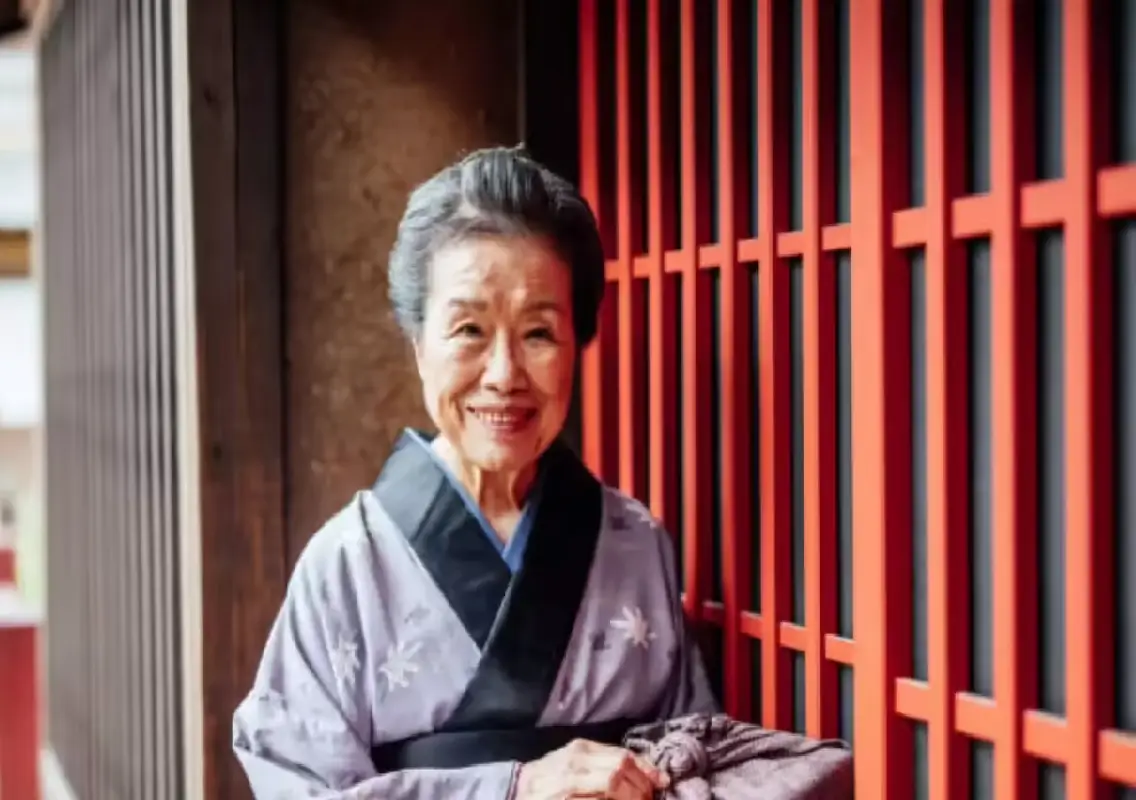By News Karnataka
Copyright newskarnataka

Tokyo: Japan has once again surprised the world with its extraordinary progress in longevity. As of September 1, 2025, the country is home to 99,763 centenarians, marking the 55th consecutive year that this number has grown. This figure is a record high and underscores Japan’s position as the global leader in healthy ageing.
Of these centenarians, nearly 88% are women, a trend consistent with global data that shows women outlive men by several years. The country’s oldest citizen is Shigeko Kagawa, a 114-year-old retired physician, while the oldest man is Kiyotaka Mizuno, aged 111.
The centenarian journey: from 153 to nearly 1 lakh
Japan’s journey towards this milestone is nothing short of inspiring. In 1963, when the Ministry of Health began recording data on centenarians, only 153 individuals across the nation were registered as 100 years or older. Today, that number has multiplied more than 650 times.
Experts attribute this remarkable growth to a combination of dietary habits, healthcare systems, lifestyle choices, and cultural attitudes that promote well-being far into old age. Regions like Okinawa have long been studied as “blue zones,” where unusually high concentrations of long-lived people thrive.
The role of diet and eating habits
Food is at the heart of Japanese longevity. Traditional meals feature fish, vegetables, tofu, miso, seaweed, and mushrooms, with minimal processed food or red meat. Smaller portion sizes and the practice of hara hachi bu—eating until one is about 80% full—help prevent overeating and obesity-related illnesses.
This plant-rich, omega-3-heavy diet is linked with lower rates of heart disease, breast cancer, and prostate cancer, when compared to Western countries. Longevity studies from Okinawa further highlight that diet plays a decisive role in maintaining vitality even in advanced years.
Lifestyle and physical activity
Unlike in many urbanised countries, physical activity remains naturally integrated into daily life in Japan. Walking, cycling, gardening, and using public transport keep people moving well into old age. Radio Taiso, a national morning broadcast of simple exercises, is still a daily ritual for many.
This active lifestyle prevents frailty, reduces chronic illness, and maintains both mobility and independence for longer.
The power of community and purpose
Equally significant are social connections and a strong sense of ikigai—a reason for living. Japanese elders often remain engaged in community work, traditional crafts, or caring for grandchildren. These strong networks provide not only emotional support but also a sense of usefulness, both of which are linked to longer, healthier lives.
Respect for elders in Japanese culture further reinforces their sense of dignity and belonging, reducing feelings of isolation that often accompany ageing elsewhere.
Health care and prevention
Japan boasts one of the world’s most advanced and accessible healthcare systems, with a strong focus on preventive care and regular screenings. Early detection and treatment of illnesses, combined with a clean environment, low pollution, and well-managed sanitation, form the backbone of public health.
Centenarians in Japan often demonstrate resilience against age-related diseases, living many years free from severe disability.
Genetics and mindset
Researchers also point to genetic advantages that help resist inflammation, disease, and cellular ageing. Studies on Okinawan centenarian siblings reveal survival-linked gene variants. At the same time, epigenetics—how lifestyle influences gene expression—suggests that low inflammation and balanced metabolism contribute to “successful ageing.”
Mental well-being and cultural attitudes towards ageing also play a key role. Many Japanese approach ageing with calm acceptance, mindfulness, and positivity, reducing stress and its harmful effects on the body.
Challenges of longevity
While the achievement is remarkable, it also presents challenges. Japan’s ageing population is growing faster than its younger generations, raising concerns about healthcare costs, pensions, and shrinking workforces. Birth rates remain low, making it harder to sustain these support systems.
Moreover, experts warn that westernisation of diet, increased sedentary lifestyles, and rising reliance on processed foods may erode these longevity advantages in the coming decades. Studies show that even Okinawa’s world-famous longevity edge has weakened compared to past decades.
Japan’s record of nearly 1 lakh centenarians is more than a statistic; it is a testament to how diet, lifestyle, culture, healthcare, and social bonds can collectively extend both lifespan and healthspan.
For the rest of the world, the lesson is clear: eating fresh and moderately, staying physically active, nurturing strong social ties, and finding purpose in life are not luxuries but essential practices for ageing well.
As Japan celebrates this milestone, it stands as a living case study in the art of growing not just old—but growing strong with age.



